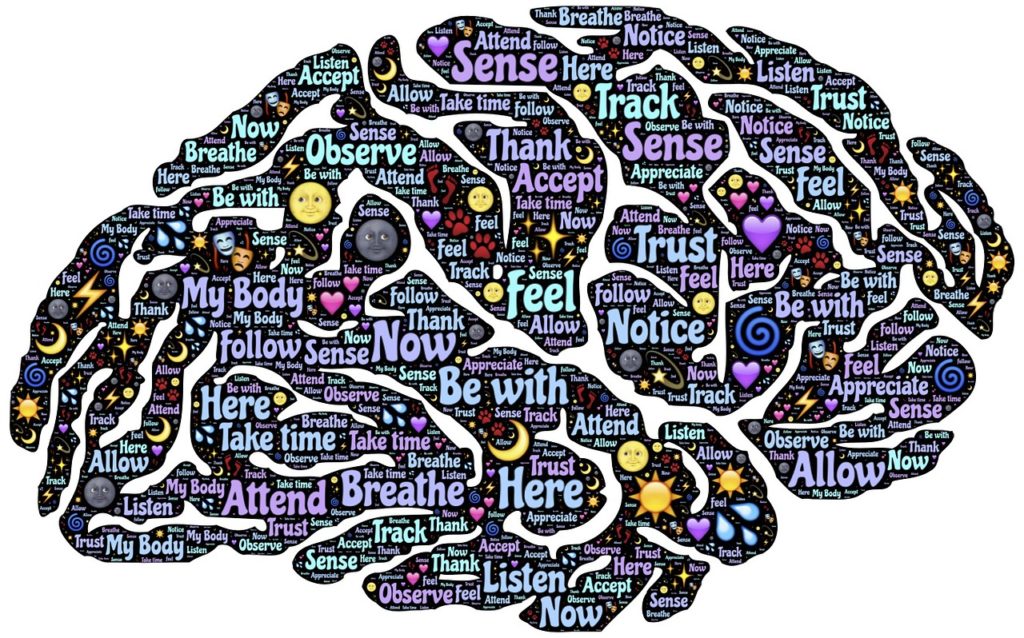Audio: Why Sitting Quietly…
Sitting Quietly (SQ) – as here “defined” and described – is that mental “practice” of introspection…and is manifest in the personal experience of being inwardly focused – on your thoughts, feelings, and intent. It can be engaged in myriad ways; e.g., mindful contemplation, focused breathing, guided reflection, meditation, prayer – and making these into practices can serve to facilitate:
- healthy self-regulation,
- one’s need to problem-solve, and
- emotional well-being.
Note, for a moment…these are rather desirable intentions…
______
However one may choose to engage in sitting quietly it can also become a practice of taking a little time out of your day or your weekly grind and giving yourself – giving yourself [!] – the opportunity to just be…and thus to connect, which can sometimes mean re-connect, to the fundamental, genuine, essential you. And…SQ is the “conduit” that also serves other intellectual endeavors, like discovering… understanding… reconciling …and awakening.
SQ can enable one to:
- process feelings…including (but not limited to) anxiety, pain, grief and hurt;
- reflect on and determine…what is important, how one “is doing,” and where one is going or wants to go;
- discover…something never before realized; and
- feed as well as tap into, when necessary…the inner strength and basic goodness of our being!
________
So, consider:
1. SQ is SELF-CARE…and helps to self-regulate and promote Balance in your life.
- SQ can be to your mental well-being what exercise is to your physical well-being.
- It can relax the mind, and serve as a respite (rest) from “monkey-mind” and the incessant demand to do more, be more, impress more, acquire more. It also serves as an antidote to the stressful, often toxic impact of living in a 24/7 media-saturated environment.
- And yet it can also hone and sharpen the mind; and serve as antidote in living a life too much on automatic pilot…!
2. SQ is THERAPEUTIC…and helps to strengthen Resiliency.
- It facilitates introspection…to reflect, process events and behaviors, and to adapt.
- It enables defusion, a psychological skill one can use to disengage from “the struggle” of whatever life has brought on, and thus enable you to look at your thoughts rather than being caught up in or dysfunctionally identifying with them (i.e., worrying, ruminating, anxiety, impulsivity).
- It helps in processing grief and loss…and serves to reconcile life’s pain and hurt.
3. SQ IMPROVES THINKING…and helps to develop Psychological Flexibility.
- SQ enables one’s capacity to be open, curious, and flexible…and facilitates one’s efforts in learning about life and how to better spend one’s time, understanding the human condition, and even engaging in the exploration of the mystery.
- It’s a way to train your mind…to awaken, to learn, to observe, and to better focus.
- It “sharpens the saw” (Covey’s 7th Habit) in using one’s cognitive abilities, feeds motivation, and can serve as a way “to re-boot” one’s outlook, to start clean and fresh in taking life on.
________
If you’ve never been taught, or discovered, the powerful skills and rewards of sitting quietly, it’s something you might consider learning how to do given the rather significant benefits it provides. Note also that there are many ways to engage in SQ, depending on what you might need or want to do in a given sitting quietly. The challenge can be, at least at first, finding the ways and approaches that work for you.
There are actually four daily practices which have the most influence on one being able to maintain optimal physical and mental functioning: 1) diet (i.e., what all you put into your body), 2) sleep, 3) exercise, and…yes, 4) sitting quietly.
With each of these, there are of course no proxies:
You’re the one who must call the shots…
________

